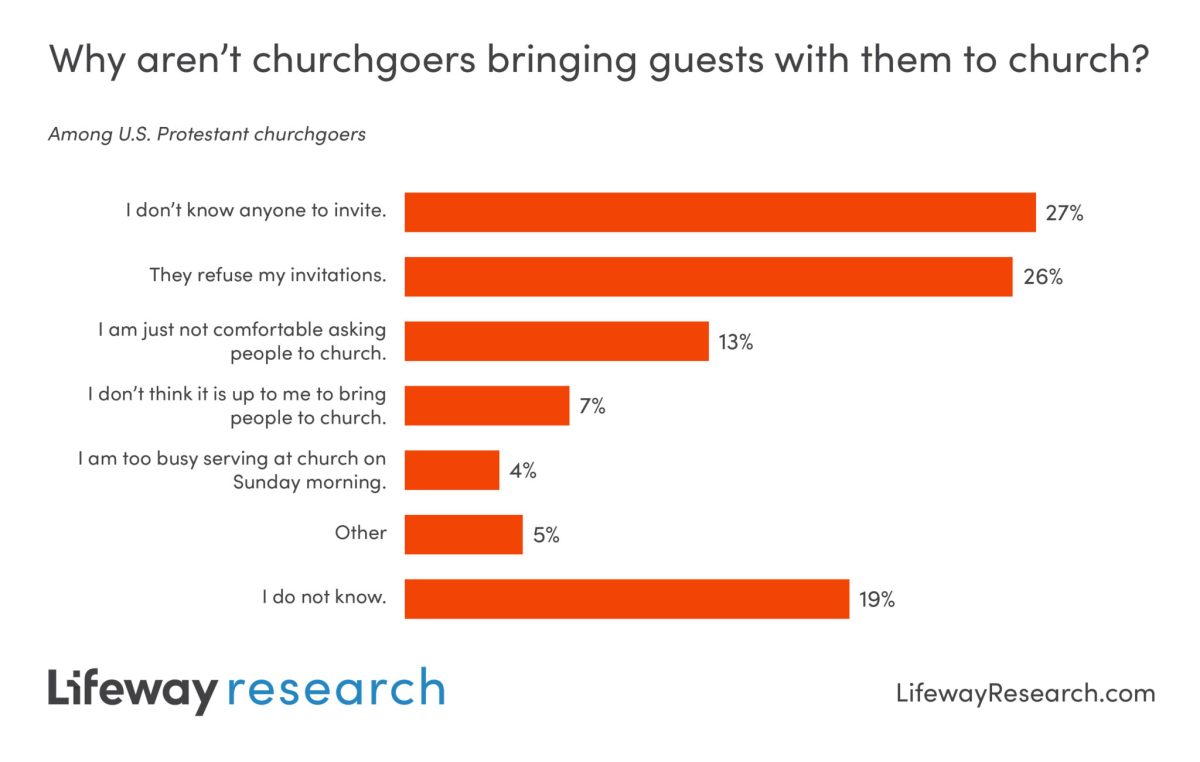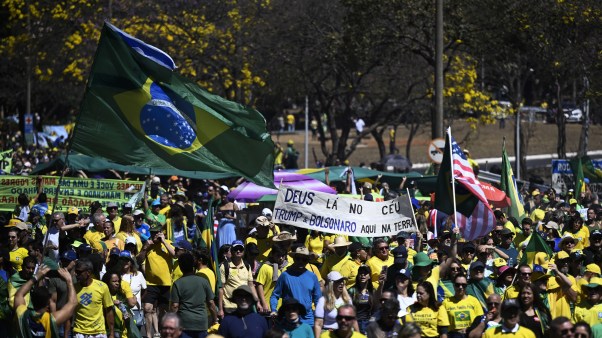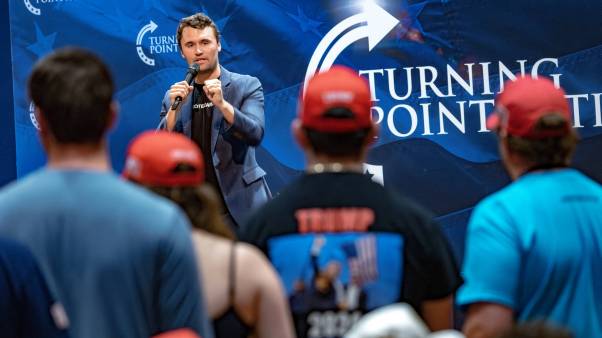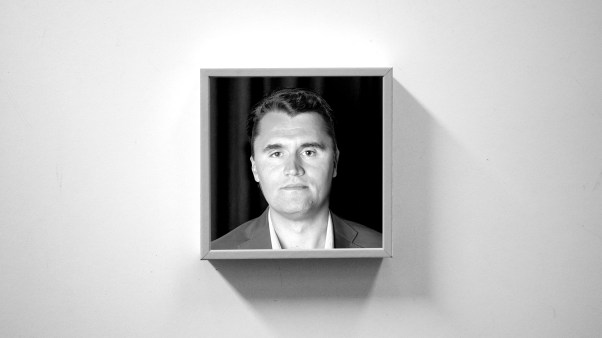When churchgoers show up to their church’s worship service, they’re often hoping to have a guest with them.
A Lifeway Research study of US Protestant churchgoers finds 3 in 5 (60%) say they have extended at least one invitation in the past six months for someone to attend their church, including 19 percent who have made one invitation, 21 percent with two invitations and 20 percent with three or more invitations.
A third of churchgoers say they haven’t invited anyone to a worship service at their church in the past six months, while 7 percent say they aren’t sure how many invitations they’ve made.
“Churchgoers were not asked the typical net promoter score question of whether they recommend their church. They were asked if they’ve actually invited someone in the last six months,” said Scott McConnell, executive director of Lifeway Research. “For most churchgoers, invitations are not just an aspiration but a current practice.”
Extending invites
Compared to a similar Lifeway Research study six years ago, a similar percentage of churchgoers say they haven’t invited anyone recently—33 percent now versus 29 percent in 2017. Fewer churchgoers, however, are making three or more invitations. In 2017, 1 in 4 said they’d extended at least three invitations for someone to visit their church in the previous six months. Currently, 20 percent say the same.
“It’s not surprising the proportion of churchgoers extending invites is not growing, since the proactive nature of inviting people to church is counter-cultural,” said McConnell. “People in America are not being more relational, but an invitation to church is an invitation to join you in activities you enjoy, a message that brings you hope, and relationships with you and others.”
Some churchgoers are more likely to invite guests than others. Unsurprisingly, those who attend more often are more likely to extend invitations. Churchgoers who attend four times a month or more (27%) are more likely than those who attend less often (11%) to say they’ve made three or more invitations in the past six months.

Those under 50 are more likely to extend invitations than older congregants. Almost a third of those 50 to 64 years old (32%) and nearly half of churchgoers 65 and older (46%) say they have not invited anyone in the past six months. Those 35 to 49 (29%) are most likely to have offered at least three invitations recently.
African American churchgoers are among the most likely to say they’ve extended either two church invitations (28%) or three or more (25%). White churchgoers (36%) are more likely than African Americans (26%) and Hispanics (18%) to say they did not invite anyone in the past six months.
Baptists (27%) and those attending Restorationist Movement churches (21%) are more likely than those at Presbyterian/Reformed congregations (9%) to say they’ve invited at least three individuals or families. Lutherans (52%) are among the most likely to say they haven’t invited anyone.
Churchgoers with evangelical beliefs, which include believing it is very important to encourage non-Christians to trust Jesus Christ as their Savior, are more likely than non-evangelicals to invite others to church. Almost a quarter of evangelicals by belief (24%) say they’ve extended three or more invitations, compared to 15 percent of those without such beliefs.
Invitation limitations
When asked why they don’t bring guests more often, churchgoers point to several reasons. Around a quarter say they don’t know anyone to invite (27%) or those they invite refuse their invitations (26%).
Another 13 percent say they’re just not comfortable asking people to church, while 7 percent say they don’t think it’s up to them to bring people to church. Few (4%) say they’re too busy serving on Sunday morning.
Additionally, 19 percent say they don’t know why they don’t bring guests to church more often, and 5 percent say it’s another unspecified reason.
“It can be easy for churchgoers to have their own relationship needs met at church and not know anyone else to invite,” said McConnell. “It takes intentionality to be meeting new people in your community to have opportunities to invite them.”

Compared to 2017, churchgoers today are more likely to say they don’t know anyone to invite (27 percent v. 17%) and those they invited said no (26 percent v. 20%). Current churchgoers are less likely than those in 2017 to say they aren’t sure of the reason they don’t bring guests more often (19% v. 31%) or to point to another unnamed reason (5% v. 15%).
Those who attend most often say the reason they don’t have guests with them more frequently is because their invitations are refused. Those who attend a worship service four times a month or more (31%) are more likely than those who attend one to three times (19%) to say a rejected invitation is the primary reason.
Baptists (33%), as well as those at non-denominational (27%) and Restorationist Movement (24%) churches are more likely than Lutherans (12%) and Presbyterian/Reformed (11%) to say the primary reason they don’t bring guests with them to worship services more often is because the potential guests refuse their invitations.
Methodists (28%), Lutherans (24%) and those at Restorationist Movement churches (19%) are more likely than Baptists (9%) to say they aren’t bringing guests with them because they aren’t comfortable asking people to church. Additionally, Methodists (23%) are among the most likely to say they don’t think it’s up to them to bring people to church.












